Former Vice President Atiku Abubakar is a political opponent no one will willingly want to have. It is better to have a deal with him than risk a confrontation.
In 2005, after sensing his boss, then-President Olusegun Obasanjo was eyeing a third term, he spearheaded the effort to scuttle that ambition.
Atiku himself revealed this much during a meeting with some political allies in the build-up to the 2023 presidential election which he contested as candidate of the Peoples Democratic Party (PDP).
He said: “During my tenure as vice president, I developed a very intimate relationship with members of the National Assembly and it is that relationship that enabled us to stop a third term or life presidency attempt by President Obasanjo.”
Fast forward to 2014, the PDP then decided that it would grant President Goodluck Jonathan an automatic re-election ticket, and asked Atiku and other aspirants to suspend their ambitions. Atiku decided he would not have that. He mobilised other aggrieved members to walk out of the PDP and teamed up with APC to rout Jonathan, an incumbent, out of office.
In 2023, Atiku secured the PDP’s ticket in a stiff contest with then-Rivers Governor Nyesom Wike.
In the main election, Wike mobilized like-minds to ensure Atiku lost the vote to Tinubu in what many said was a controversial poll because INEC failed to deliver on its promise to transmit the result of the election in real-time.
Atiku petitioned the court on several grounds and asked that Tinubu’s victory be voided. After losing out at the court, Atiku headed straight to Chicago to finish off one leg of his original petition against the declaration of Bola Ahmed Tinubu as President.
In the petition, Atiku averred that Tinubu was ineligible to contest the 2023 election on the ground that he submitted a forged certificate from the Chicago State University.
But the panel of five, headed by Justice Haruna Tsammani, dismissed the petition that Tinubu submitted a forged certificate from Chicago State University on the ground that the witness through whom the documents were submitted was not the competent person to do so. By the ruling, the tribunal effectively told Atiku that it is only an agent of Chicago State University that could make a pronouncement about Tinubu’s certificate in a trial and not Mike Enahoro-Ebah, the witness who obtained the documents through subpoena from Chicago State University.
For Atiku, that was a challenge. He suspected that the Chicago State University records of Tinubu were still an active exhibit to be used against the president at the Supreme Court. Even Tinubu’s lawyers appreciated that fact when they pleaded against the release of the documents, saying it would cause severe and irreparable harm to their client if the records were released.
Atiku has now secured the documents directly from Chicago State University and obtained a deposition from the Institution’s Registrar, Caleb Westberg who admitted under oath that the certificate Tinubu submitted to INEC did not emanate from the university.
While the Supreme Court has the discretion to do whatever it deems fit with the Chicago State University’s documents, Atiku’s voyage to Chicago has increased the stakes in Nigeria’s election contest, especially documents submitted by aspirants.
Who is Atiku
Atiku was born on November 25, 1946, in Jada, a village in Adamawa State. His father, Garba Abubakar was a Fulani trader and farmer, who died when Atiku was only 13.
His father was opposed to the idea of Western education and tried to keep Atiku Abubakar out of the traditional school system. When the government discovered that Abubakar was not attending mandatory schooling, his father spent a few days in jail until his mother, Aisha Kande, mother paid the fine.
At the age of eight, Abubakar enrolled in the Jada Primary School, Adamawa. After completing his primary school education in 1960, he was admitted into Adamawa Provincial Secondary School in the same year, alongside 59 other students. He graduated from secondary school in 1965 after he made grade three in the West African Senior School Certificate Examination.
He worked briefly as Tax Officer in the Regional Ministry of Finance, from where he gained admission to the School of Hygiene in Kano in 1966. He graduated with a Diploma in 1967, having served as Interim Student Union President at the school. In 1967 he enrolled for a Law Diploma at the Ahmadu Bello University Institute of Administration, on a scholarship from the regional government. After graduation in 1969, during the Nigerian Civil War, he was employed by the Nigeria Customs Service.
After leaving Customs, Atiku became a full-time businessman. Since then, he has sought to rule Nigeria six times, beginning in 1992.
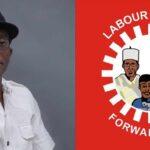
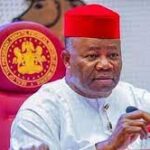

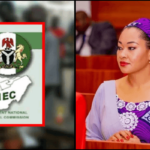
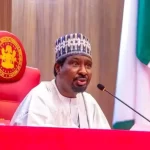
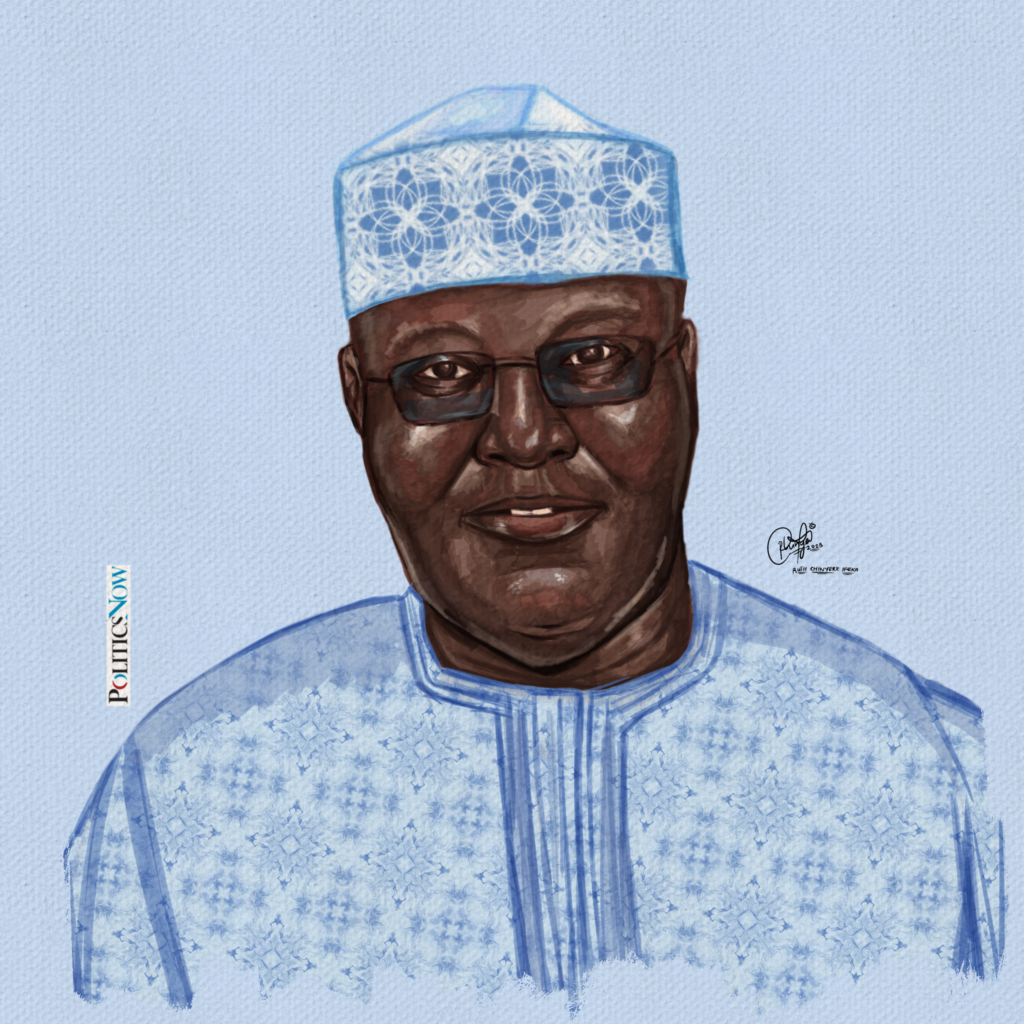
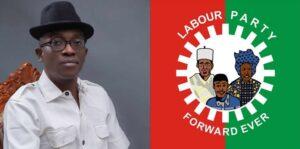
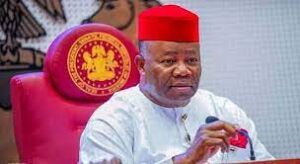
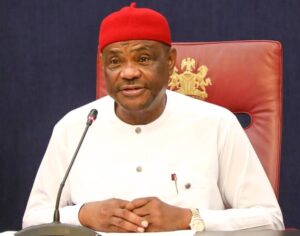
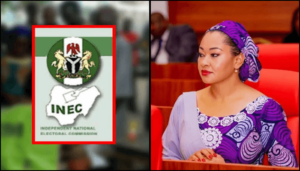
More Stories
Oby Ezekwesili: The fighter for social justice, women rights
#EndBadGovernanceInNigeria protest: The roar of hungry Nigerians
Onakoya: From Lagos Ghetto to New York Times Square where he broke the Guinness World Record in Chess